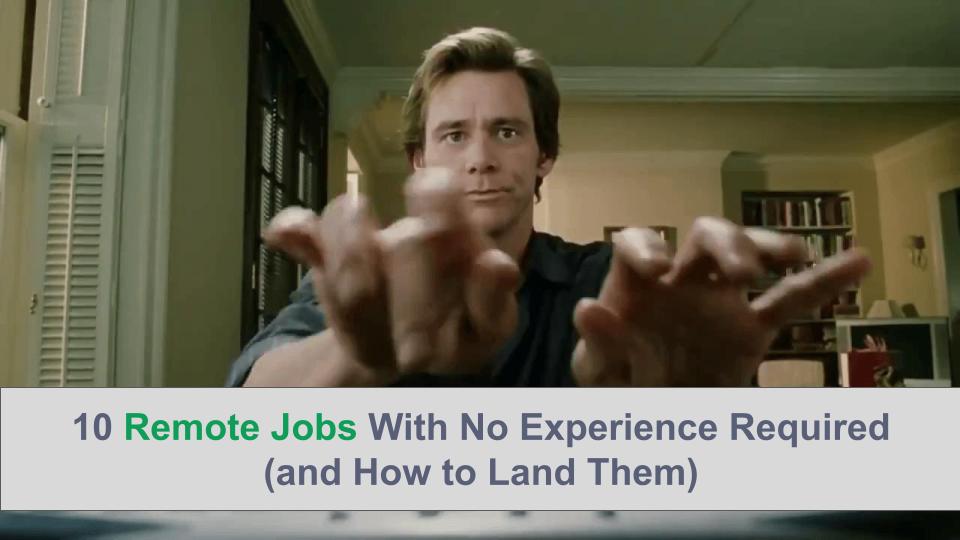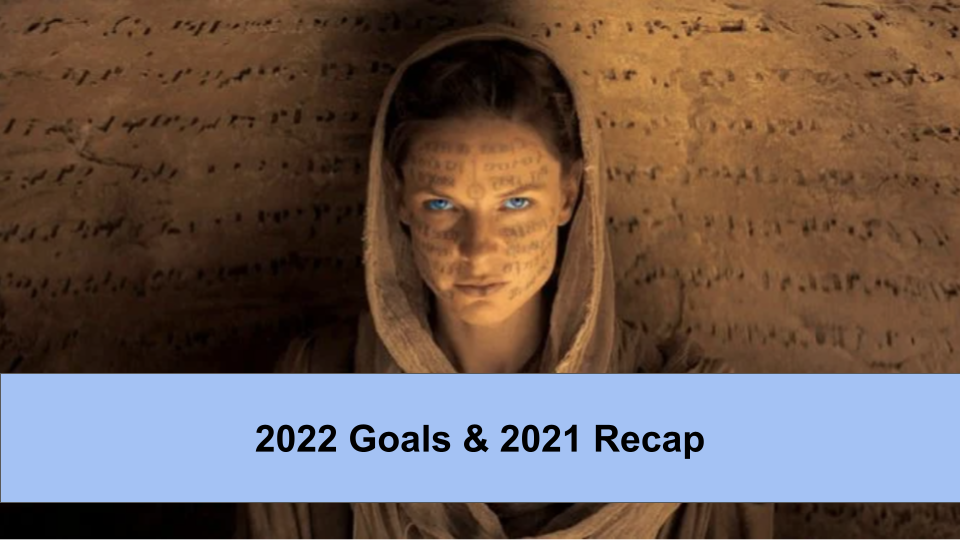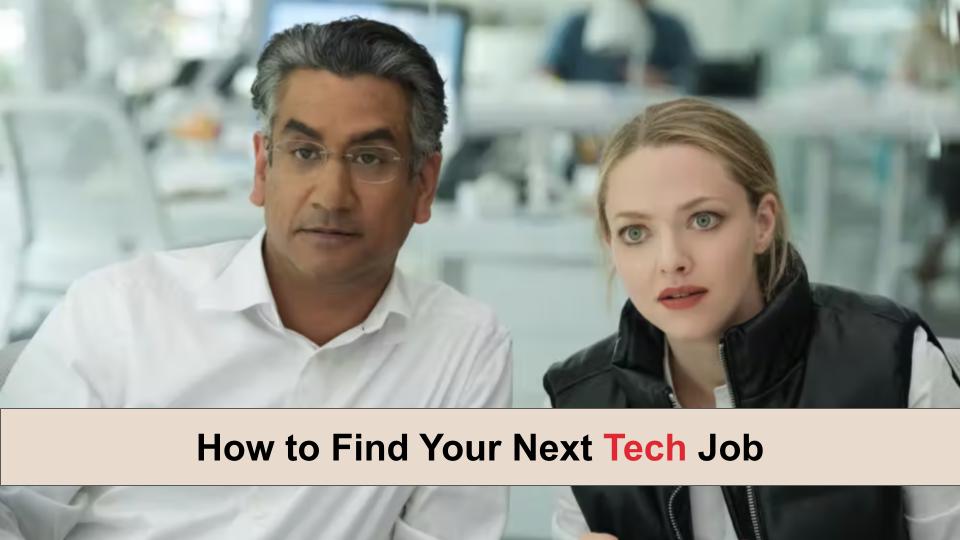Takeaways
If you only have a minute, here are the takeaways:
- Moments in time (like a global pandemic) show us how fragile our futures are if we rely on a single source of income.
- Earning multiple sources of income is a superpower. Consulting is the best way to start.
- Consulting has two advantages over other business models: leverage and speed. Leverage = apply lessons learned from your 9-5, and vice versa. Speed = test, launch, and operate your business quickly.
- How to find your first client? Get good at something and have 10 people know. Email them and ask for referrals. Without your first paying client, building a website or email list is just procrastination.
- How to land your first gig? Give them a presentation. Show you understand their business, their challenges, and how to address those challenges.
- Offer a number of packages, anywhere from an audit of their existing work, to a full Done-for-you service.
- You can charge an upfront fee or a percentage of sales. I’d recommend both ($X upfront and Y% on the backend).
- If you’re consulting AND working your 9-5, avoid burnout. Choose your niche strategically, manage your client, and get advice if you’re stuck.
—
I did the math as Zoom loaded. The answer was 7.
If we did layoffs, 7 colleagues would be let go before me. I was Chinese lucky number 8.
Like most people, I lived in this fantasy where my future was secure. Moments in time (like a global pandemic) tug at this facade. Behind the curtain is nothing more than a harried man peddling away at his Rube Goldberg machine.
Moments like this are the best thing that can happen to you.
It’s the Inciting Incident in your Hero’s Journey. Your opportunity to re-examine the fragility of having a single source of income (your job) and explore building multiple revenue streams.
For me, it nudged me towards landing my first consulting gig.
Why consulting?
Earning side income is a vast universe. You can teach online courses, start a food blog, sell ads against your content, and much more.
I choose to consult, trading my time to work on someone else’s education company/products, in exchange for money.
Consulting is the best way to start earning additional income for two reasons:


